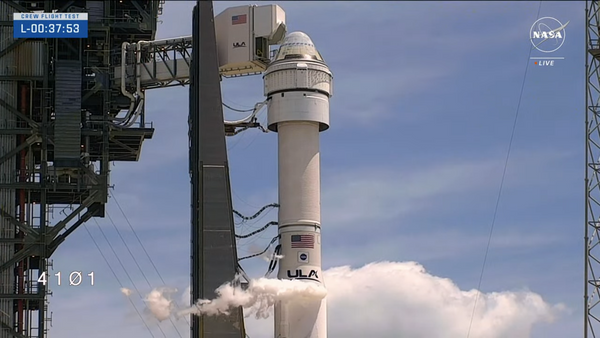
New Zealand’s National party has admitted using artificial intelligence to generate people in their attack advertisements.
The ads included images of a group of robbers storming a jewellery store, two nurses of Pacific island descent, and an apparent crime victim gazing out of a window. One ad even appeared to show the cast of the Fast and Furious franchise.
The images, showing a woman with enormous eyes, two nurses with oddly plasticine skin and thieves wearing balaclavas with openings that would not match up to human features, quickly raised suspicions.
Questioned by Newshub on whether the images had been created by AI, party leader Christopher Luxon initially said “I don’t know about the topic in the sense of I am not sure. You are making an accusation that we are using it, I am not sure that we are. I will need to talk to our team.”

But the party later confirmed the nurses, crime victims and robbers were the work of a computer program. “Yes we have used AI to create some stock images,” a National party spokesperson told Newshub, calling it “an innovative way to drive our social media,” and adding that the party was “committed to using it responsibly”. The Guardian has also approached the party for comment.
While AI-generated images are increasingly sophisticated, they also often contain visual oddities: extra fingers, strange features or warped details, that can give the portraits an uncanny feel. As the programs continue to improve, however, there are concerns that the public could have trouble telling whether AI-created pictures, videos and audio recordings are real or fake – and whether political parties should be forced to disclose their use.
In the UK, experts have raised concerns that voters may face a wave of AI-driven misinformation at the coming elections, and are pushing for regulation of the use of AI in political advertising. Prof Michael Wooldridge, director of foundation AI research at the UK’s Alan Turing Institute, told the Guardian in May that it was his “number one” concern as the elections approached.

“We have elections coming up in the UK and the US and we know … that generative AI can produce disinformation on an industrial scale,” he said.
The New Zealand election is due to be held in October.
The technology has also raised concerns in the US, after the GOP released a video attack ad using a series of AI generated images of president Joe Biden and various computer-generated pictures of social collapse.
The advert prompted lawmaker Yvette Clarke to introduce a new bill to Congress, to require disclosures of AI-generated content in political ads. The bill argues that the “revolutionary innovations in generative artificial intelligence” have potential for “exacerbating and spreading mis-information and disinformation at scale and with unprecedented speed”, and would require political ads to tell the public when they are using AI-generated images.
New Zealand has no laws regulating the use of AI in political advertising.







